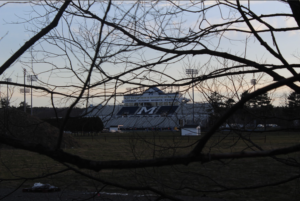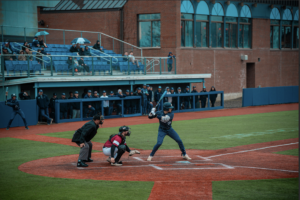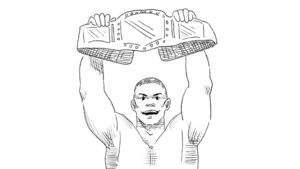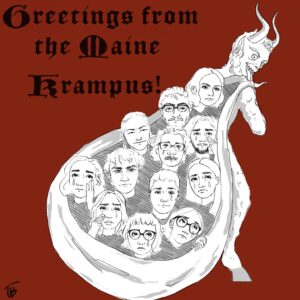As the days grow colder, residents of Maine know it is time to head back to the ballot boxes for midterm elections on Nov. 6, where they will vote for state governor, Senate and House representatives and other local positions. The political gears are turning across the state, and locally a new initiative at the University of Maine is looking to engage a crucial population in the political process: students.
This new initiative is called the Voter Activation Network. The network is a conglomeration of faculty, students, representatives of student organizations and administrators working to “coordinate efforts on voter registration, voter education and voter turnout,” according to Rob Glover, professor of political science and one of the initiative’s principal organizers.
The group is entirely non-partisan, providing no endorsement to specific political groups on campus. Rather, the initiative encourages students of all political orientations to go out, vote and become more active civil citizens.
Glover broke the initiative’s work down into stages, and said that right now, the focus is on registering as many students to vote as possible.
“We have tabling that’s going on in the Student Union, so students can fill out a voter registration card there. We’ve been doing a lot of class announcements, where we pass out voter registration cards, have students fill them out and give them back to us. We have two voter registration drives that will be happening [this fall],” Glover said.
The group’s weekly trips to the Orono Town Office to drop off registration cards will soon come to an end.
This part of the initiative coincides with the early lead up to election season, but Glover notes that after Oct. 7, the last day the Orono Town Office will accept mass drop offs of voter registration cards, the group’s emphasis will change from voter registration to voter education.
The reaction from students has been positive and energetic, according to Glover. Among the groups collaborating is Student Government, an undergraduate-student-led body whose $750,000 yearly budget is dispersed to various groups and events “with the intention of improving student life here on campus,” according to its website.
Bentley Simpson is the organization’s current vice president and, along with other executives, is working as a bridge between Student Government and the Voter Activation Network. He says it’s important to teach students how to be “involved citizens.”
“College is about passing your classes and learning the material of your classes. But it’s also more about learning life skills about how to cook for yourself, how to take care of yourself and how to vote,” Simpson said.
Simpson says the main focus right now is getting the word out students about the need to register to vote. According to Simpson, Student Government will take a larger role next month in the voter education phase. He is in the process of planning some initiatives on this front.
“There’s a few ideas floating around. One that I think would be really promising would be doing an on-campus event and doing an Honors 170-style mock panel. And then do a little back-and-forth debate on some of the issues,” Simpson said.
Honors 170 is a current events class where students research, present and discuss topics in the news.
Simpson said he would also like to plan some non-event initiatives to educate student voters.
“[We may] try to find information on the internet and condense it on a card, front and back maybe, and give those out around campus.”
In its 2018 college rankings, Washington Monthly said UMaine was among the 58 best schools in the nation for student voting.
Still, student turnout rates on election day are notoriously low, and the problem Glover said he often encounters is that students recognize “[registering to vote] is something [they] needed to do… but [they] haven’t had time to figure it out.”
There are other potential challenges in the political process that students must overcome, Glover noted, particularly regarding trends in divisiveness. As Nov. 6 approaches, he both has high hopes for a positive election season at UMaine and recognizes that there are threats to productive discourse.
“I hope the tone on campus remains positive. And I hope we can avoid some of the tribalism that has taken over our politics at the national level and at the state level,” Glover said.












